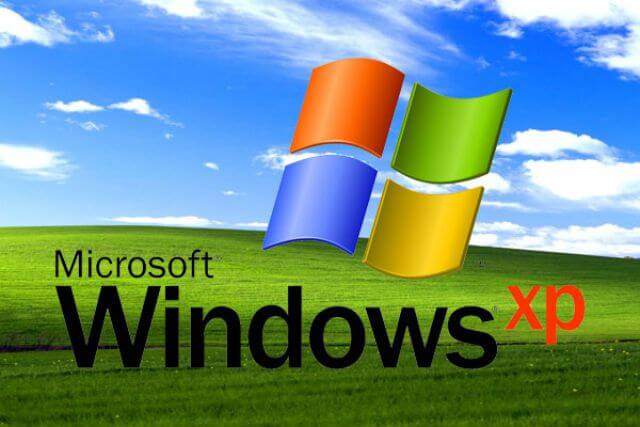
Windows XP: An Iconic Journey through the Digital Landscape
Introduction
In the annals of operating system history, one name stands out—Windows XP. Launched by Microsoft in 2001, it marked a significant leap forward in user interface design and system stability. Let’s delve into the journey of Windows XP, exploring its features, impact, challenges, and the lasting legacy it has left on the world of computing.
Features of Windows XP
Windows XP introduced a user-friendly interface that resonated with users worldwide. Its iconic Start menu, taskbar, and intuitive navigation made computing accessible to a broader audience. Enhanced security features, a crucial aspect in the digital age, set a new standard for operating systems. The system’s improved performance and stability were game-changers, providing users with a more reliable computing experience.
The Impact of Windows XP on Computing
The widespread adoption of Windows XP expanded the user base of Microsoft’s operating systems. Its success influenced the development of subsequent Windows versions, laying the foundation for the modern Windows experience. The simplicity and functionality of XP shaped user expectations, setting a precedent for future operating systems.
Challenges and Criticisms
However, Windows XP wasn’t without its challenges. Security vulnerabilities became a growing concern as the internet evolved, exposing users to various threats. As technology advanced, the operating system faced criticisms for its limitations, particularly in comparison to newer and more robust alternatives.
Windows XP End-of-Life
In 2014, Microsoft made a pivotal decision—officially ending support for Windows XP. This move had significant implications for users and businesses still relying on the aging operating system. The end-of-life status meant no more security updates or patches, leaving XP users vulnerable to emerging cyber threats.
Nostalgia and Legacy
Despite its retirement, Windows XP lives on in the hearts of many users. Nostalgia surrounds the familiar startup sound and the blissful simplicity of the interface. Some environments, especially industrial or specialized systems, continue to use Windows XP due to compatibility requirements.
Security Concerns Post-End-of-Life
Using an unsupported operating system poses inherent risks. Windows XP users face potential security breaches and data vulnerabilities. To mitigate these risks, users are encouraged to explore alternative options and transition to more secure, up-to-date systems.
Migrations and Upgrades
Encouraging users to migrate from https://www.windowsphonefr.com/ is crucial for maintaining a secure digital landscape. Modern operating systems provide advanced features, improved security, and better performance. For those reluctant to part with XP, alternative options exist, ensuring a smooth transition to a safer computing environment.
Windows XP in Popular Culture
Beyond its technical influence, Windows XP has left an indelible mark on popular culture. References to the operating system abound in movies, TV shows, and music, symbolizing an era when personal computing took center stage. Its cult following among tech enthusiasts further solidifies its place in digital history.
Expert Opinions and Perspectives
Experts in the field offer varied opinions on Windows XP’s impact. Some view it as a pioneering force that shaped the modern computing landscape, while others see it as a relic of the past. Assessing these perspectives provides a comprehensive understanding of Windows XP’s enduring legacy.
Future Developments
While Windows XP officially retired, discussions about potential revivals or reimaginings persist. Projects aiming to bring the iconic system back to life showcase the lasting impact it had on users. However, technological advancements continue, surpassing the capabilities of Windows XP and pushing the boundaries of what operating systems can achieve.
Conclusion
In conclusion, Windows XP remains a symbol of a transformative era in computing. Its user-friendly interface, impact on subsequent operating systems, and enduring legacy in popular culture make it a milestone in digital history. As we bid farewell to this iconic system, it’s essential to embrace the advancements of modern technology while cherishing the memories Windows XP has left behind.

